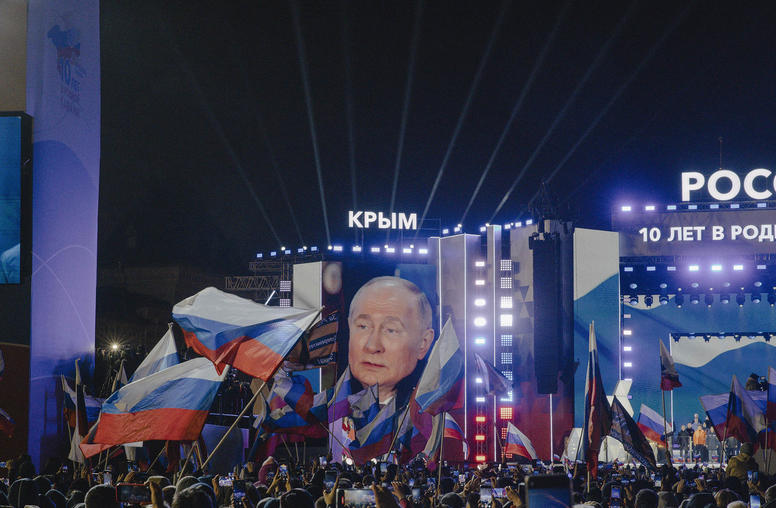Passing the Baton: Challenges of Statecraft for the New Administration
Peaceworks No. 40
This report summarizes discussions at a conference of leading officials and specialists on January 17, 2001. The conference program was organized around five panel discussions covering two functional topics (organizing for national security and international conflict management) and three geographic regions of special concern to the United States (Russia, the Balkans, and Northeast Asia).
This report summarizes discussions at a conference of leading officials and specialists on January 17, 2001, entitled "Passing the Baton: The Challenges of Statecraft for a New Administration." Keynote speeches by both the outgoing and the incoming assistants to the president for national security affairs—Samuel R. "Sandy" Berger and Condoleezza Rice, respectively—highlighted the range of insights presented regarding the external and internal challenges of promoting U.S. interests and values around the globe in the twenty-first century.
The conference program was organized around five panel discussions covering two functional topics (organizing for national security and international conflict management) and three geographic regions of special concern to the United States (Russia, the Balkans, and Northeast Asia).
Contents
- Summary
- Preface
- Managing International Conflict in the Twenty-First Century
Richard H. Solomon - Foreign Policy in an Era of Globalization
Samuel R. "Sandy" Berger - Organizing for National Security Policy
Summarized by Patrick M. Cronin - Making Peace; Making It Stick
Summarized by Pamela Aall - Why Is Partnership with Russia So Elusive?
Summarized by Emily Metzgar - Building a Stable Balkans
Summarized by Kurt Bassuener - Securing Peace in Northeast Asia
Summarized by William Drennan - National Security Challenges for the New Administration
Condoleezza Rice
- Managing International Conflict in the Twenty-First Century
- Conference Participants
- Conference Rapporteurs
- About the Institute


